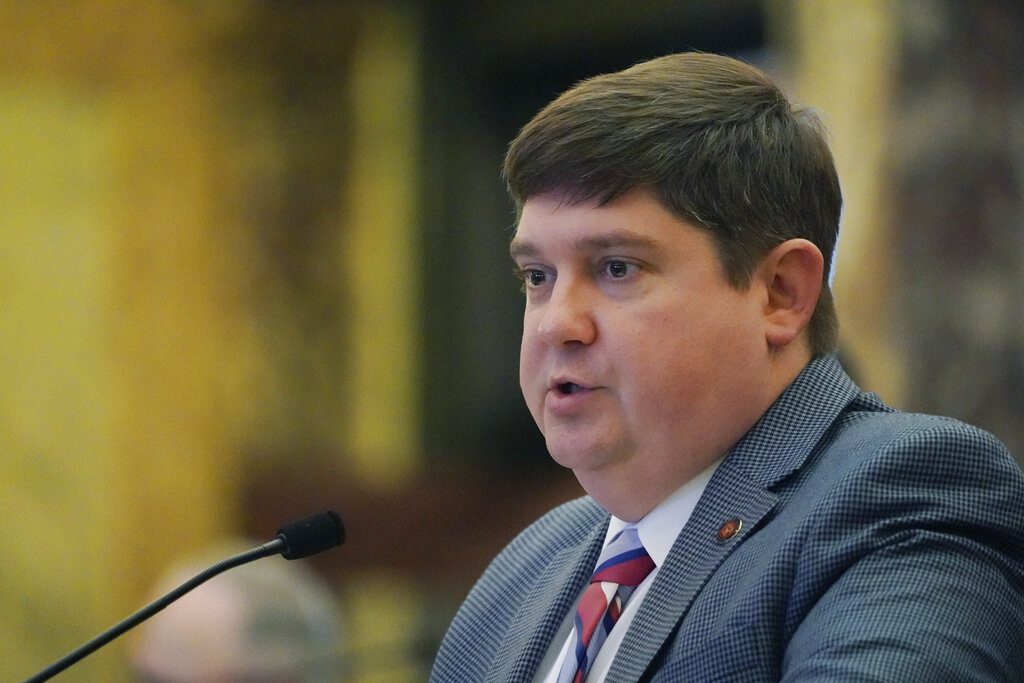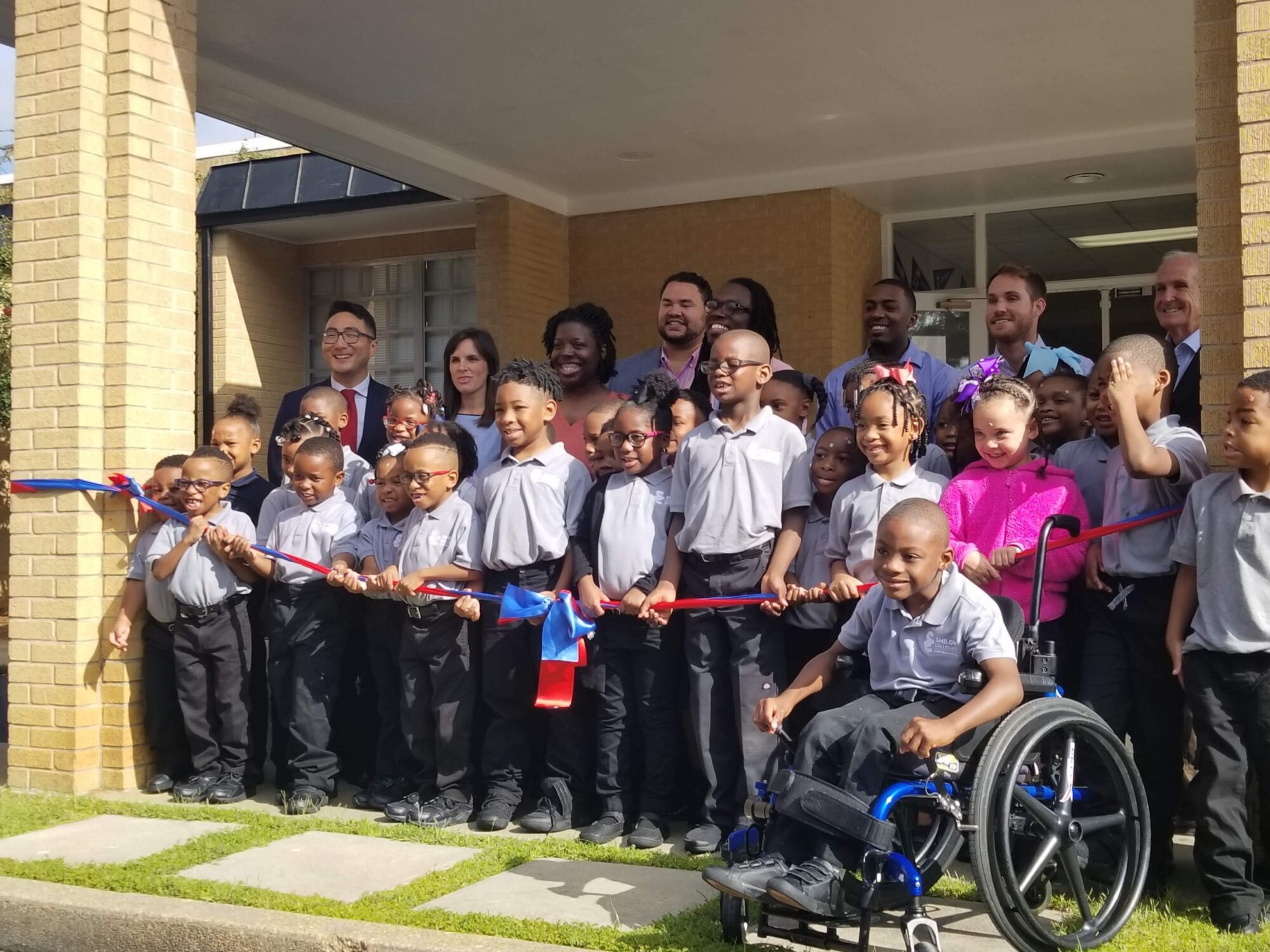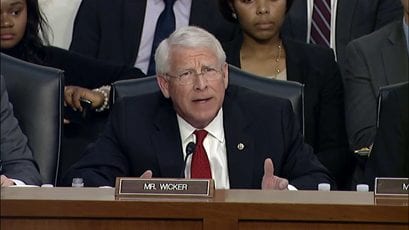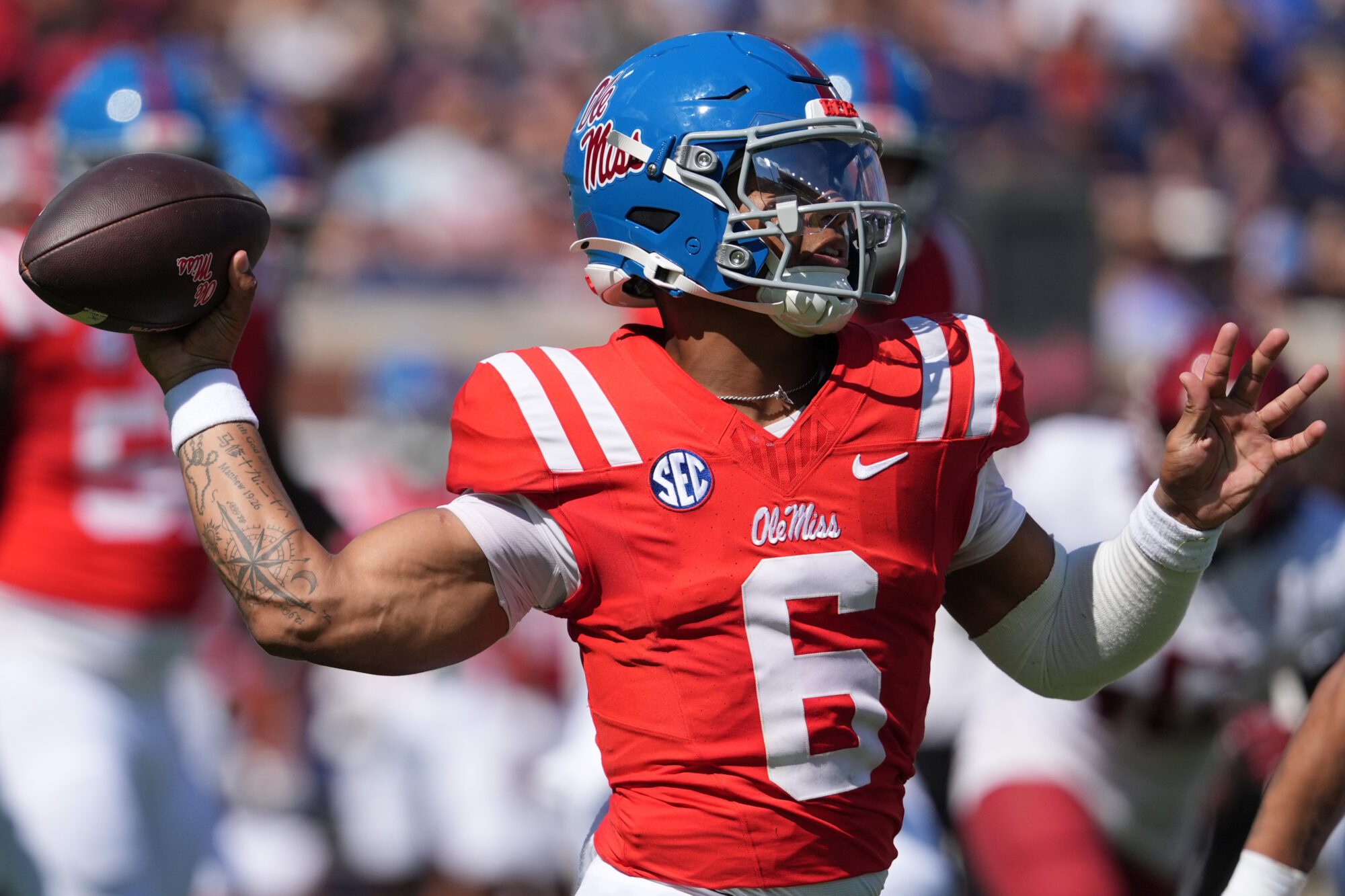
During the recently concluded special session, lawmakers passed a $1 billion infrastructure bill, created a lottery, and distributed BP settlement money throughout the state.
By: Brett Kittredge, Director of Marketing and Communications for Mississippi Center for Public Policy.
House Speaker Pro Temp Greg Snowden (R-Meridian) and Sen. Hob Bryan (D-Amory) offered their take on the five-day session at Monday’s Stennis-Capitol Press Luncheon in Jackson.
“I believe this is five of the most productive days I’ve experienced,” Snowden said.
Snowden reviewed the three bills at length, calling House Bill 1, the infrastructure bill, essentially a House bill. It will divert money from new bonds, internet sales tax revenue from the 7 percent online sales tax, a new annual tax ($75 to $150 annually) on hybrid and electric vehicles, and sports betting revenue.
Snowden brought up the fact that two United States Supreme Court rulings paved the way for the internet sales tax and sports betting revenue, arguing it was not something they could have done during the regular session.
“We passed three major pieces of legislation,” Snowden added. “You might disagree with them but you can’t say we didn’t get it done. Everyone knew it had to happen, just didn’t know how. And this was a bicameral success. Both bodies worked together for the good of the state. It will be transformative for one or two generations.”
And Snowden noted the bipartisan support.
“Even the lottery wasn’t partisan,” Snowden said.
Bryan had a slightly less optimistic perspective
“Every bad idea imaginable all squared into one session,” is how Bryan began his time at the podium. “The lottery will always be a bad idea. It is not right for the government to run a numbers racket. It preys on the poor, especially poor who are most susceptible.”
Bryan then raised the point of their being little meaningful discussion or debate on the lottery. Under the lottery bill that passed, a five-member board appointed by the governor will oversee a private corporation to run the lottery. The initial bill removed the lottery board from state public records and open meetings laws. The House added open meetings provisions after passing the Senate, but Bryan still didn’t like the idea of a private entity running the lottery. He went so far as to raise the potential for conflicts of interest between the lottery board and private corporations.
“There was so much going on but never time to focus on this huge entity that will have lots of money outside of government controls,” Bryan said. “Some of us tried to slow things down but we were unable.”
Snowden, who voted against the lottery each time it was before the House, said he opposes the lottery because it doesn’t make “good economic sense.” But he added it was better for a private corporation to be running it than the state.
And he noted, “I think it’s fair to say Mississippians wanted a lottery.”
Bryan also mentioned that the infrastructure funding is essentially diverting money from the general fund to cover the new transportation funds.
“This is not an improvement for our state,” Bryan said. “The notion that we’ve done anything to help road maintenance just ain’t so.” He added that this was a short-term solution, noting loss of revenue from multiple tax cuts and government incentives for private companies are taking money from the general fund.
Snowden defended the health of the economy and the budget.
“The health of the economy is not the same thing as revenue in state coffers,” Snowded added. “You don’t judge the health of the economy by how your general fund is doing. We’ve been responsible fiscally and will continue to be.”











